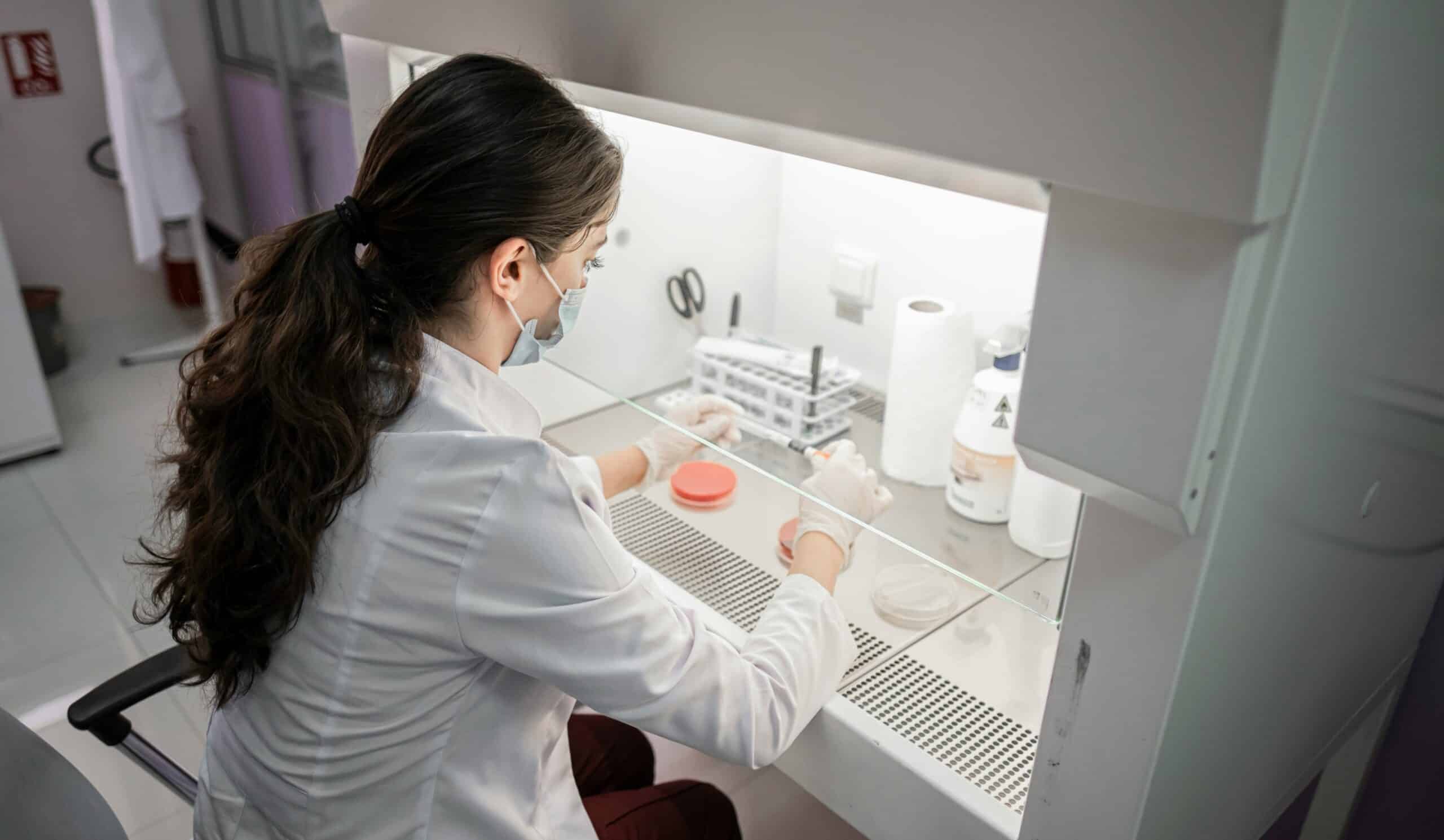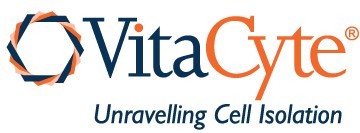
case study
Situation
Cell isolation from tissue or recovery after in vitro cell culture often requires collagenase or protease enzymes. The enzyme-mediated steps of cell isolation or recovery methods are critical process parameters of the therapeutic cell manufacturing process. However, in most cases, the critical quality attributes of these enzymes are not defined. Also, steps to mitigate risk by identifying a second source of these enzymes are often overlooked. VitaCyte offers a solution to close these gaps.
Solution
VitaCyte has extensive experience purifying and characterizing collagenase and protease enzymes. It replaced three different ill-defined, traditional collagenase products used to isolate rodent islets, human adipose stromal vascular cells or human hepatocytes with purified-defined collagenase-protease mixtures.
If interested in this service, the project begins when the client agrees to pay for the analyses and provides VitaCyte with “good lots” of collagenase that worked successfully for isolating their cells of interest. Analysis of these “reference lots” enables VitaCyte to prepare comparable purified collagenase-protease enzyme mixtures for evaluation. The certificates of analyses for the purified-defined enzymes that replaced the reference lot report the specific Wunsch and collagen degradation activities for Clostridial histolyticum collagenases, the specific trypsin-like activities for unactivated and activated clostripain, the specific neutral protease activities (NPA) for BP Protease (a Dispase equivalent enzyme), and endotoxin contamination. These materials are > 95% pure in contrast to the traditional collagenase products that contain 5-20% collagenase and variable amounts of protease activity.
A report describing the development of this purified-defined collagenase enzyme mixture showed that hepatocyte isolated with the purified-defined collagenase protease mixture (n=54) gave comparable performance with respect to viability, yield, and function as those cells isolated with a good and exceptional lot of Sigma Type XI lot 044K8638 (n=56).(1) Moreover, when additional lots of Sigma Type XI were evaluated for their ability to perform similarly to the 044K638 lot or the purified-defined enzyme mixture, none of the new lots gave comparable results. The CVs between five lots for Type XI for collagenase and protease activity ranged from 52.5 to 57%. The range of endotoxin contamination per mg ranged from 59 to 256 EU/mg. By contrast, the purified collagenase and protease gave between lot CVs of 3.6 (n=6) and 14.0 (n =4) for collagenase and protease activities, respectively. The mean endotoxin contamination for collagenase was 3.6 and for BP Protease 32.8 EU/mg. One company that adopted the Collagenase MA-BP Protease enzyme mixtures for their human hepatocyte isolation procedure used these same enzymes for rodent hepatocyte isolation. Here they found they could reduce the neutral protease activity about 4 fold without affecting viability or cell yield.
Illustration of the Process
The process described below was used to replicate a good lot of Sigma Collagenase Type XI used for human hepatocyte isolation with a purified-defined enzyme mixture.
One
Analyses of Sigma Type XI Lot 044K8638: Performed analytical anion exchange chromatographic analysis and assayed for collagenase, protease, and trypsin-like activity
Two
Match the collagenase peptidase and protease enzyme activities by preparing the 1st purified enzyme mixture that contained Collagenase MA and thermolysin
Three
Review results: Found the thermolysin gave significantly lower cell viability than the Lot 044K4638, so prepared 2nd enzyme mixture where BP Protease replaced thermolysin
Four
Adjust the enzyme composition by matching collagenase collagen degradation activity rather than peptidase activity, change resulted in 50% decrease of collagenase mass
Five
Formulation adopted by lab used routinely for isolating human hepatocytes
Six
Product application advertised, results reported; product adopted by many firms who manufacture cryopreserved mammalian hepatocytes for research or drug discovery
Benefits
Your organization will benefit from purified-defined enzymes.
One
Knowledge of the enzyme composition of the enzyme mixture used in your manufacturing process
Two
Qualified VitaCyte as a second source of collagenase-protease enzymes
Three
Ability to perform a validation study to assess the ranges of enzyme activities required for achieving consistent, functional cellular products
Next Steps
If interested in VitaCyte’s Second Source service, contact us and discuss your needs. Based on this discussion, provide VitaCyte with reference samples of the lot(s) of product you want to replace. VitaCyte will apply its expertise described above to characterize the enzymes used in your cell manufacturing process for a reasonable fee. On completion of these analyses, VitaCyte will provide you with a purified-defined enzyme mixture that matches the enzyme activities found in the analyzed lots. VitaCyte will work with your staff to review cell isolation/recovery results and if necessary, make modifications to the enzyme mixture. A minimal fee will be charged for evaluating VitaCyte’s purified-defined enzyme mixtures in your cell isolation process.
Reference
1. Gramignoli R, Green M, Tahan V, Dorko K, Skvorak K, Marongiu F, et al. Development and application of purified tissue dissociation enzyme mixtures for human hepatocyte isolation. Cell Transplantation. 2012;21:1245-60.
